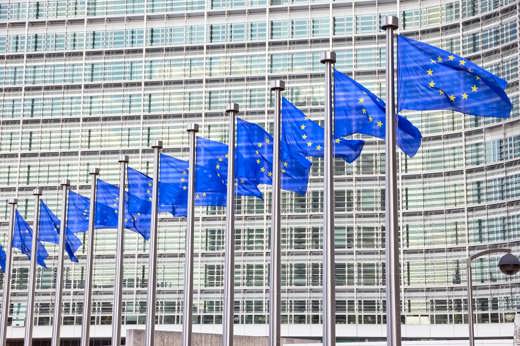The 12-14 March characterises the most important Brexit occurrence since the referendum itself. Over the last weeks, the UK government has been trying to negotiate changes to the Brexit deal, specifically to the controversial backstop arrangement between the EU and UK. With only 18 days until the UK is due to leave the EU, there are a series of UK parliamentary votes taking place in the upcoming days which will provide a clearer vision of Brexit’s conclusion. The possibility of there being a No-Deal Brexit is less likely with the two more probable outcomes of these votes being an Extension to Article 50 or UK Parliamentary approval of the PM’s Brexit Deal.
Extension of Article 50 would avoid the instant option of a No-Deal Brexit, but won’t resolve any long term issues, whereas having a reviewed Brexit Deal will bring both positive and negative outcomes. It will ensure that the transition period will proceed, providing businesses with certainty, however, on the other hand, businesses may find themselves operating in a new area of unpredictability since the trade agreement will be far from straightforward.
To give a clearer overview with all the possible scenarios:
Tuesday 12
- If the PM wins the vote, the UK will leave the EU on March 29 according to the terms of the Withdrawal Agreement and will enter the transition period.
- If the PM loses the vote, MPs will have a No-Deal vote.
Wednesday 13
- MPs will vote on whether they agree with leaving the EU without a Withdrawal Agreement and transition arrangements (No-Deal).
- If MPs support the potential for No-Deal then the UK and the EU must try to find a way to prevent a No-Deal outcome within a 16 day window.
- MPs rejection of No-Deal Brexit guarantees that MPs will proceed to a third Brexit vote in three days.
Thursday 14
- If MPs reject a No-Deal then the Government will bring forward a motion on whether Parliament want to pursue a short extension to Article 50. If MPs vote for the extension then the PM will have to agree an extension with the EU.
- MPs voting preferences could be determined by the terms of the extension motion.
- It is uncertain as to what will happen if MPs reject the extension. This is a highly unlikely scenario.



